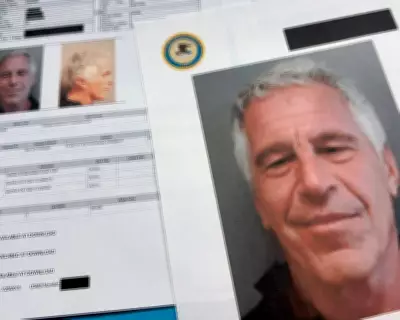
In a dramatic turn of events that has sent shockwaves through political circles, controversial MP Mark Latham finds himself at the centre of a legal firestorm after his former partner successfully obtained an Apprehended Violence Order against him.
Legal Bombshell Rocks Political Landscape
The stunning development emerged from court proceedings where Latham's ex-partner was granted the protective order, casting a dark shadow over the politician's already contentious career. The case has ignited fierce debate about accountability and conduct among public figures.
Details of the Court Order
While specific allegations remain protected within the legal framework, the granting of an AVO typically requires the court to be satisfied that a person has reasonable grounds to fear for their safety. This legal protection represents a significant escalation in the private matters now becoming public knowledge.
Political Fallout Intensifies
The timing of this revelation could not be more damaging for Latham, whose political career has been marked by controversy and confrontation. Colleagues and opponents alike are grappling with the implications of these serious allegations against the sitting MP.
Pattern of Controversy
This latest incident adds to a long history of contentious behaviour from the politician, whose career has been punctuated by public outbursts and confrontational politics. However, the current legal situation represents perhaps the most serious challenge to his professional standing to date.
Public and Political Reaction
As news of the AVO spreads, political commentators are questioning how this will affect Latham's ability to effectively represent his constituents. The case raises important questions about the standards expected of elected officials and the intersection of private conduct with public office.
The developments come at a critical juncture in Australian politics, where issues of accountability and transparency are increasingly under public scrutiny. How this situation unfolds could have lasting implications for political culture and public trust in elected representatives.





